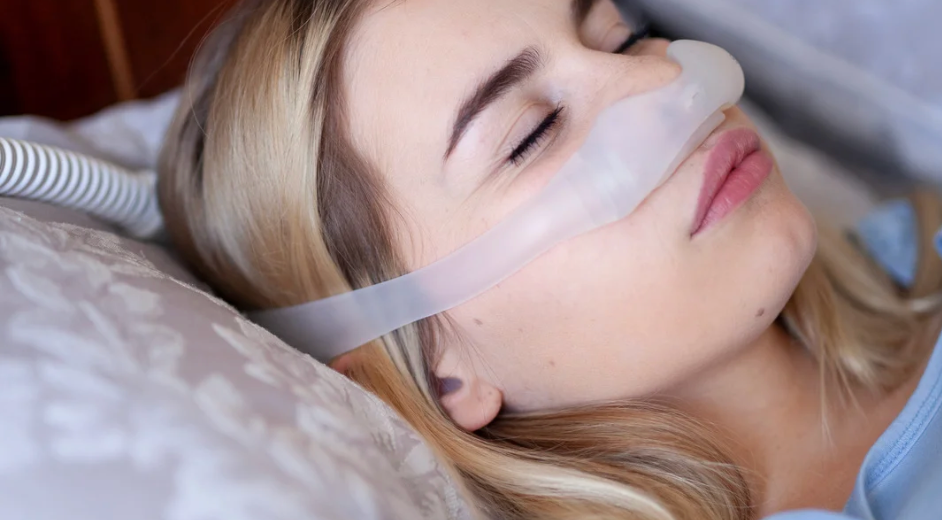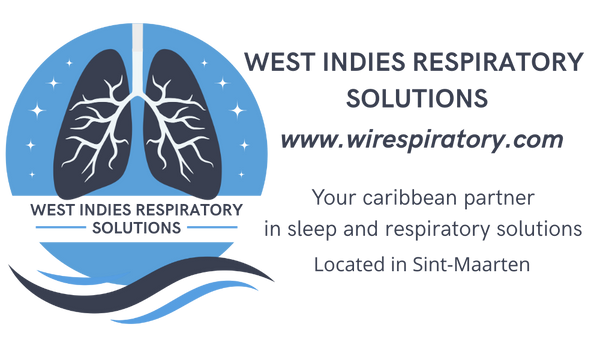The consequences of sleep apnea

As Explained in Our Article “What Is Obstructive Sleep Apnea?”
Apneas (complete breathing pauses of more than 10 seconds during sleep) and hypopneas (partial breathing pauses of more than 10 seconds) prevent the body from reaching deep sleep—a crucial stage for physical and mental recovery. Each episode of apnea or hypopnea disrupts heart rate and reduces oxygen levels in the blood, inevitably leading to significant consequences for both health and daily life.
1. Physiological Consequences of Sleep Apnea
- Waking at night to urinate (more than once is abnormal before age 50)
- Excessive daytime sleepiness, increasing the risk of falling asleep while driving
- Morning headaches and grogginess upon waking
- Sexual dysfunction
- Insulin resistance, increasing the risk of type 2 diabetes
- Memory issues, including forgetfulness
- Irritability and impatience
- Trouble concentrating
- Shortness of breath
2. Health Complications Linked to Sleep Apnea
- High blood pressure (hypertension)
- Cardiac arrhythmias
- Stroke
- Heart attack (myocardial infarction)
- Heart failure
- Depression
- Weight gain, with or without diabete
3. Fatigue-Related Consequences in Sleep Apnea Patients
- Sedentary lifestyle and weight gain
- Decreased physical activity
- Reduced social life, including family and friends, leading to progressive isolation
-
A tendency to adopt a negative outlook on life
Conclusion
As you can see, the consequences of sleep apnea are wide-ranging. Whether physiological, fatigue-related, or involving serious health complications, it's essential to consult a doctor if you notice the onset or accumulation of any of these symptoms.

